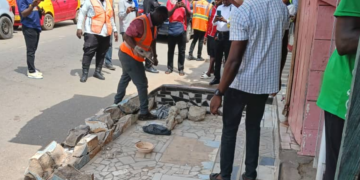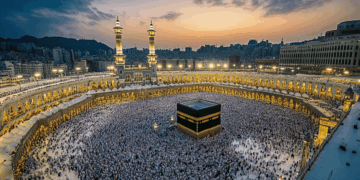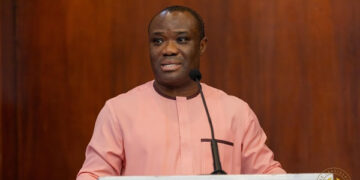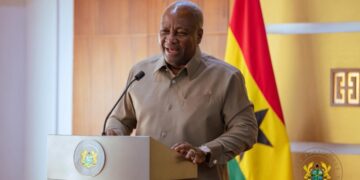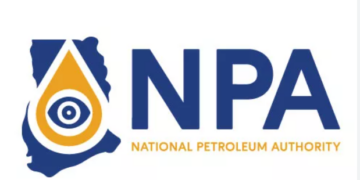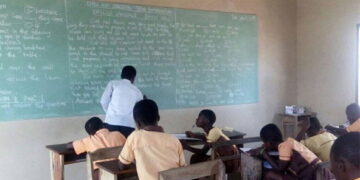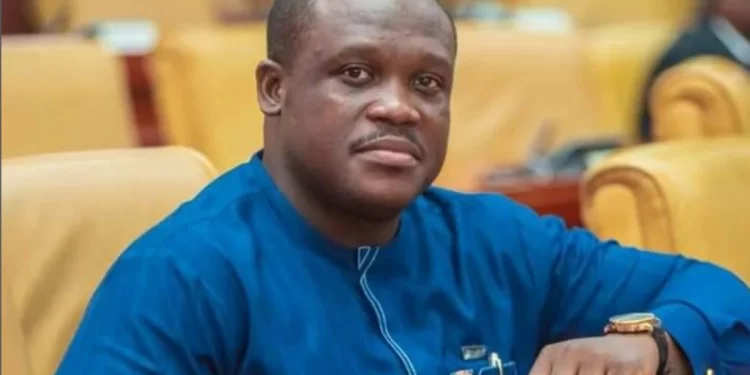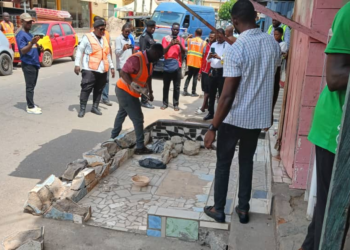The Member of Parliament for Ningo Prampram and a member of the communications committee of parliament, Sam George, has called for a resolution to the ongoing disagreement between the Ghana Independent Broadcasters Association (GIBA) and the Ministry of Communications and Digitalization Ghana.
He emphasized that the parliamentary communications committee is ready to act as a mediator to help bring the conflicting parties to a mutual resolution.
This follows the recent warning issued by the Communications Minister, Ursula Owusu-Ekuful, indicating a potential disruption of television signals to homes and offices across the country starting next year.
This probable development is linked to the ongoing issue related to non-payment by broadcasters for the use of the Digital Terrestrial Television (DTT) platform.
In an interview on Adom FM, Sam George stressed the importance for the proposed prices to undergo parliamentary scrutiny and approval highlighting the need for fair and reasonable pricing that can benefit both the broadcasters and the nation as a whole.
He expressed his belief that only through the parliamentary process can an appropriate pricing model be established that meets the needs of all involved.
Sam George further explained on the complexities surrounding the appointment of the DTT management and board saying a holistic approach to address these issues.
“This has been a point of contention between GIBA, the Ministry, and the National Media Commission as such they have not been able to set up the board properly. All of these issues need to be addressed holistically,” he said.
Highlighting the historical context, he stated that Digital Terrestrial Television had been introduced as a test run during John Mahama’s tenure, allowing media houses to migrate to the platform without any fees.
However, he stressed the need for moderation in the pricing, suggesting that comparisons with other platforms would be essential in determining appropriate charges.
He pointed out that the special status of the government platform should be taken into consideration when setting the fees, suggesting that the prices should align with similar private platforms.
“On many of those platforms, the charges are approximately seven thousand to seven thousand five hundred, suggesting that the ten thousand should be lowered. Additionally, there are discussions regarding the expectation of lower pricing for a government platform compared to private ones.”
Read also: Ghana Catholic Bishops endorse Anti-LGBTQ+ Legislation in Ghana
Source: Flora Tang/ATLFMNEWS

